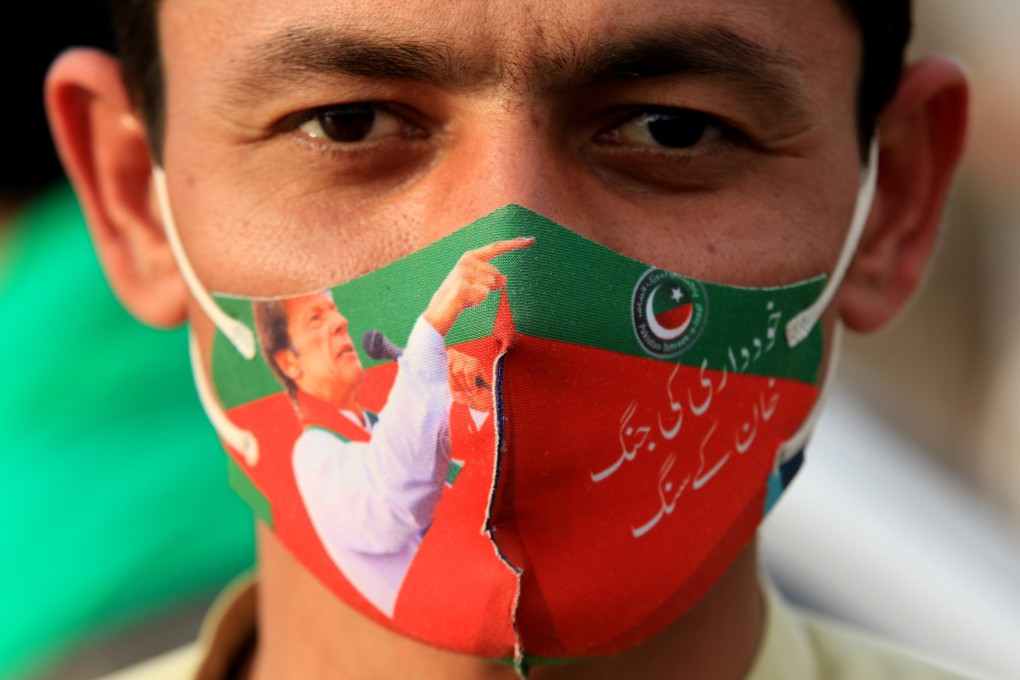Advertisement
Opinion | Pakistan’s election results a wake-up call for its power-hungry military
- The country’s powerful army kept Imran Khan out of the ballot but no amount of orchestrations could stop candidates affiliated with the former prime minister from winning the most seats
Reading Time:3 minutes
Why you can trust SCMP

For decades, Pakistan’s military establishment has interfered with the democratic process of the country, influencing election outcomes to maintain its grip on power. While the public votes, the military ensures that only its preferred parties or leaders emerge victorious through various mechanisms.
This managed political system has largely kept the transitions of power stable – but at the cost of establishing genuine representative governance. However, the recent ousting of former prime minister Imran Khan, once backed by the military, has disrupted this established process and created upheaval.
Since Pakistan’s independence in 1947, the army has carried out three direct coups, in 1958, 1977 and 1999, when civilian governments lost the military’s favour. These overt seizures of power laid bare the reality of who truly rules the country. Even when not formally in power, the generals have exerted control over weak civilian governments through indirect means.
Advertisement
“In almost pendulum-like fashion, it appears the military has gone from governorship back to guardianship,” wrote expert Aqil Shah in his book The Army and Democracy. The military has justified its interventions by claiming to be saviours against corrupt civilians.
However, the real motive has been to protect the military’s privileged position and massive business interests, estimated to be worth over US$100 billion, or more than a quarter of Pakistan’s gross domestic product.
Advertisement
In 2018, the military supported the rise of Khan as prime minister to displace Nawaz Sharif. Khan’s ascent to power bore all the hallmarks of behind-the-scenes string-pulling. The generals assisted Khan by weakening Sharif through court cases leading to his disqualification. Meanwhile, the military gave nods and winks to all institutions under its influence to tip the scales towards Khan’s Pakistan Tehreek-e-Insaf (PTI) party.
Advertisement
Select Voice
Choose your listening speed
Get through articles 2x faster
1.25x
250 WPM
Slow
Average
Fast
1.25x
